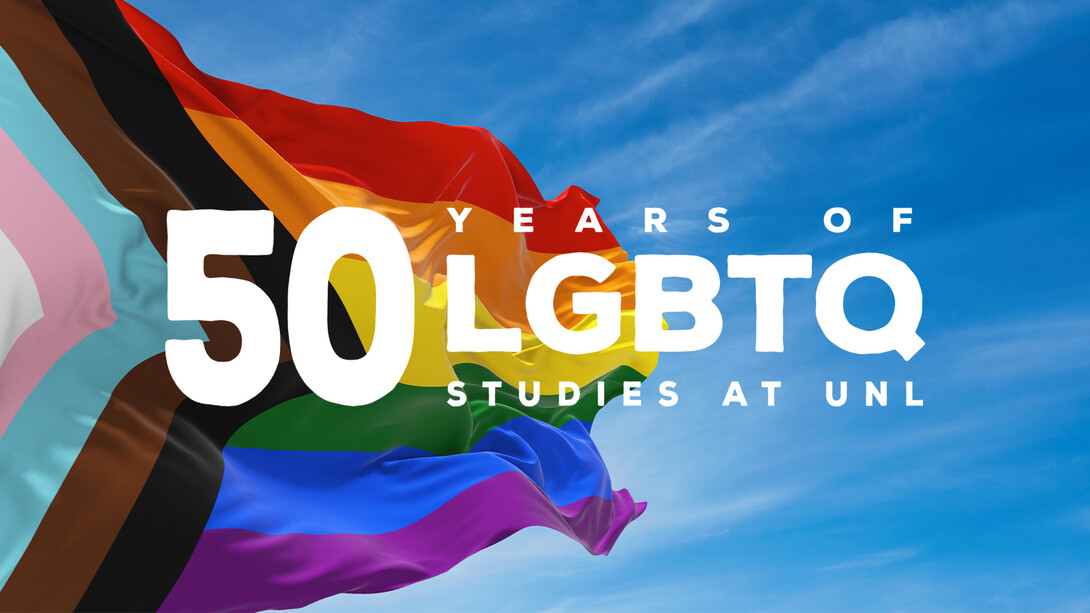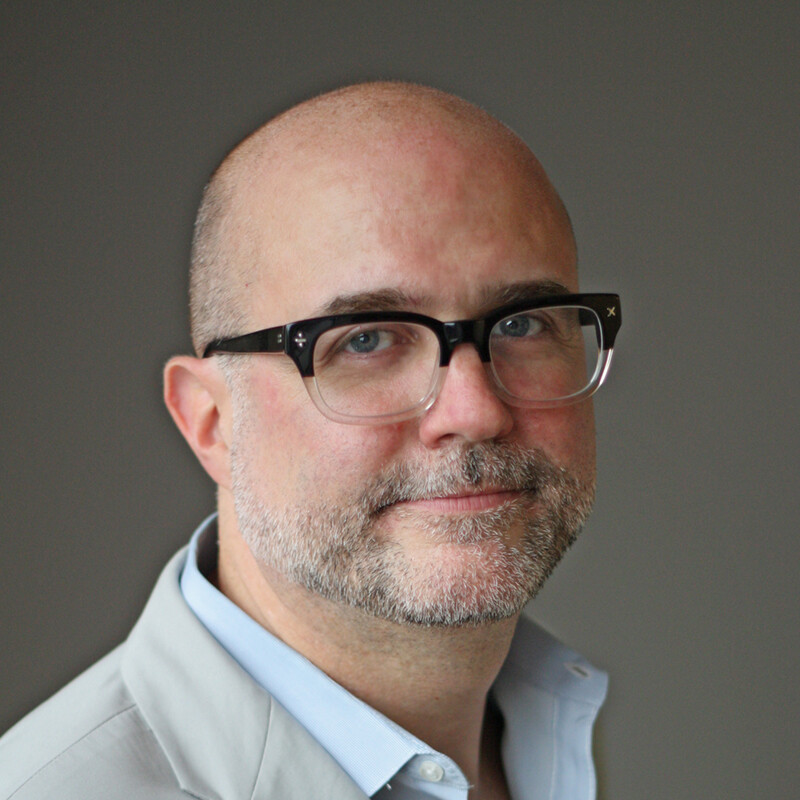
Since a guest lecture by Oscar Wilde in 1882, the University of Nebraska–Lincoln has had a long history of welcoming — and teaching — LGBTQ writers.
But it wasn’t until 1970 that the university started offering courses in LGBTQ studies, when Lou Crompton, professor of English, launched the class “Pro-seminar in Homophile Studies” with colleagues James Cole and Louis Martin. It was an interdisciplinary course, covering topics related to literature, psychology, sociology and anthropology.
The course, which was the first interdisciplinary LGBTQ course in the nation to be offered by a university, provoked fierce debate and opposition, including a proposed bill in the state legislature to ban any classes that covered topics related to homosexuality.

But GLBT studies, as it was called then, was here to stay at Nebraska. Crompton followed up the pro-seminar class with an LGBTQ literature class called “Sex Roles and Literature.” Shortly thereafter, additional classes were offered, when Barbara DiBernard joined the English faculty in 1978. Today, some of those same topics and authors are covered in English courses such as “Introduction to LGBTQ Literature.”
To mark the 50th anniversary of LGBTQ studies at the university, the Department of English is sponsoring a series of events, beginning in the fall, that will look back on the university’s LGBTQ history, recall Crompton’s advocacy on campus, and celebrate LGBTQ writers, including some who studied and taught at Nebraska. Timothy Schaffert, Susan Rosowski Associate Professor of English and director of the Creative Writing Program, is overseeing the planning of the year-long celebration.

The celebration was initially planned for the 2020-2021 academic year, but pandemic restrictions sidelined in-person events. Schaffert said a few virtual events were held in the spring, but he’s hopeful those can be reproduced as in-person events in the coming months.
The first fall event is a staged reading of notes and materials from Crompton’s original 1970 course. That presentation will be held at 5 p.m. Sept. 30 in the Auditorium of the Nebraska Union.
On Oct. 7, the university will welcome Alison Bechdel, author and illustrator of the memoir “Fun Home,” which was the basis of the award-winning Broadway musical of the same name. A week later, on Oct. 14, Garth Greenwell will deliver a reading at the Sheldon Museum of Art. Greenwall is the author of “What Belongs to You” and “Cleanness.”
More events will be announced on the celebration website and Facebook page as they are finalized. Most will feature LGBTQ authors, including some alumni and faculty. The university claims a number of recent notable LGBTQ writers as alumni, including Roxane Gay, emily danforth, SJ Sindu and Constance Merritt.
“Our students have gone on to publish and gain recognition, including four books by UNL alumni recognized in 2018 for the Lambda Literary Award, which is the major award for LGBTQ literature,” Schaffert said.
There are also plans for an exhibit in Love Library that will trace LGBTQ history at the university from the 19th century through today.
“The thing about this past 50 years is that it was really a legacy carried along by individuals — by faculty and students — more so than any kind of institutional commitment,” Schaffert said. “What we really want to recognize is the individual efforts that kept courses and activism alive.
“We’ve had some interesting milestones going back to Oscar Wilde in 1882.”







